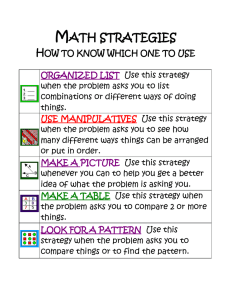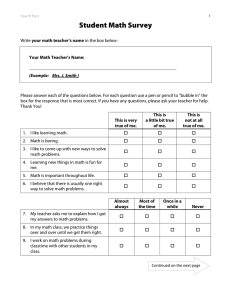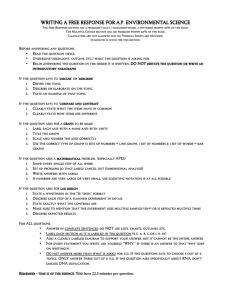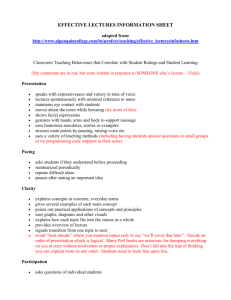KEY QUESTIONS AND CONCEPTS OF MEDIA LITERACY – What Do They
advertisement
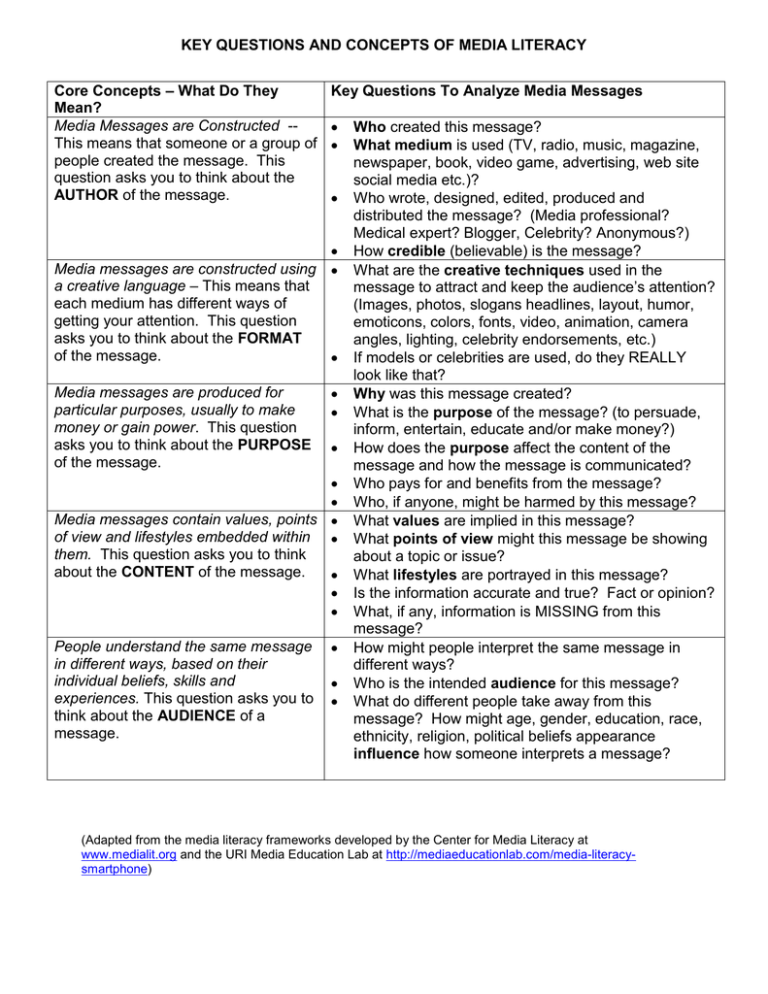
KEY QUESTIONS AND CONCEPTS OF MEDIA LITERACY Core Concepts – What Do They Mean? Media Messages are Constructed -This means that someone or a group of people created the message. This question asks you to think about the AUTHOR of the message. Key Questions To Analyze Media Messages Media messages are constructed using a creative language – This means that each medium has different ways of getting your attention. This question asks you to think about the FORMAT of the message. Media messages are produced for particular purposes, usually to make money or gain power. This question asks you to think about the PURPOSE of the message. Media messages contain values, points of view and lifestyles embedded within them. This question asks you to think about the CONTENT of the message. People understand the same message in different ways, based on their individual beliefs, skills and experiences. This question asks you to think about the AUDIENCE of a message. Who created this message? What medium is used (TV, radio, music, magazine, newspaper, book, video game, advertising, web site social media etc.)? Who wrote, designed, edited, produced and distributed the message? (Media professional? Medical expert? Blogger, Celebrity? Anonymous?) How credible (believable) is the message? What are the creative techniques used in the message to attract and keep the audience’s attention? (Images, photos, slogans headlines, layout, humor, emoticons, colors, fonts, video, animation, camera angles, lighting, celebrity endorsements, etc.) If models or celebrities are used, do they REALLY look like that? Why was this message created? What is the purpose of the message? (to persuade, inform, entertain, educate and/or make money?) How does the purpose affect the content of the message and how the message is communicated? Who pays for and benefits from the message? Who, if anyone, might be harmed by this message? What values are implied in this message? What points of view might this message be showing about a topic or issue? What lifestyles are portrayed in this message? Is the information accurate and true? Fact or opinion? What, if any, information is MISSING from this message? How might people interpret the same message in different ways? Who is the intended audience for this message? What do different people take away from this message? How might age, gender, education, race, ethnicity, religion, political beliefs appearance influence how someone interprets a message? (Adapted from the media literacy frameworks developed by the Center for Media Literacy at www.medialit.org and the URI Media Education Lab at http://mediaeducationlab.com/media-literacysmartphone)
